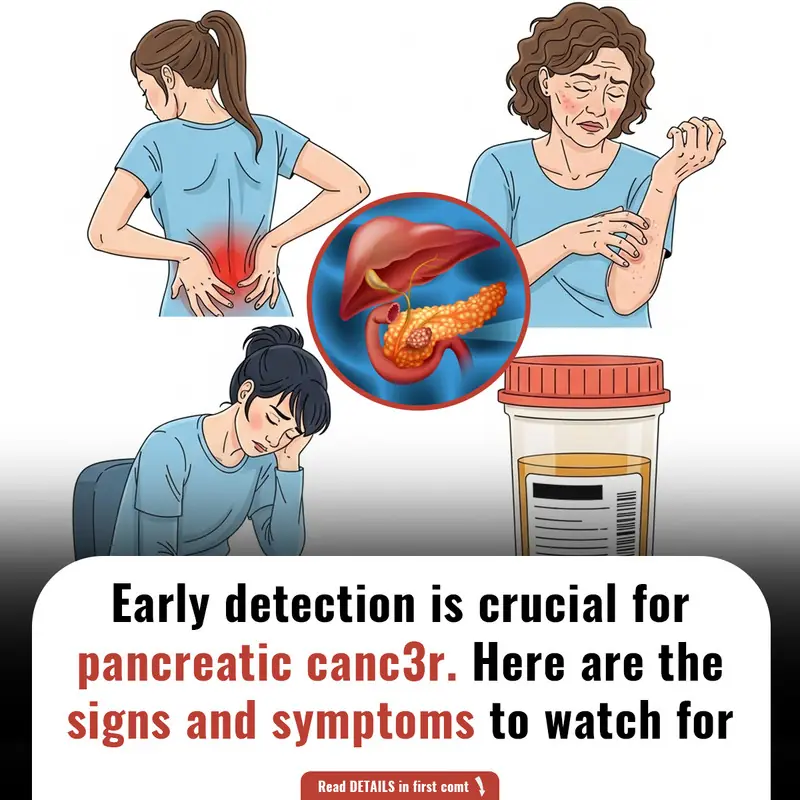
Early Detection of Cancer: Blood Test Can Detect Tumors Up to Three Years Before Diagnosis
Early detection of cancer has long been considered a cornerstone of effective treatment, providing patients with more time for intervention and potentially better outcomes. A groundbreaking study led by experts at Johns Hopkins University has found that genetic material shed by tumors can be detected in the bloodstream up to three years prior to an official cancer diagnosis. This could revolutionize how cancer is detected, potentially allowing for earlier intervention when the disease is more treatable.
This study, published in Cancer Discovery and funded in part by the National Institutes of Health (NIH), provides new hope for early cancer diagnosis, giving patients a better chance for successful treatment. The research has promising implications for improving the quality of life and survival rates for cancer patients worldwide.
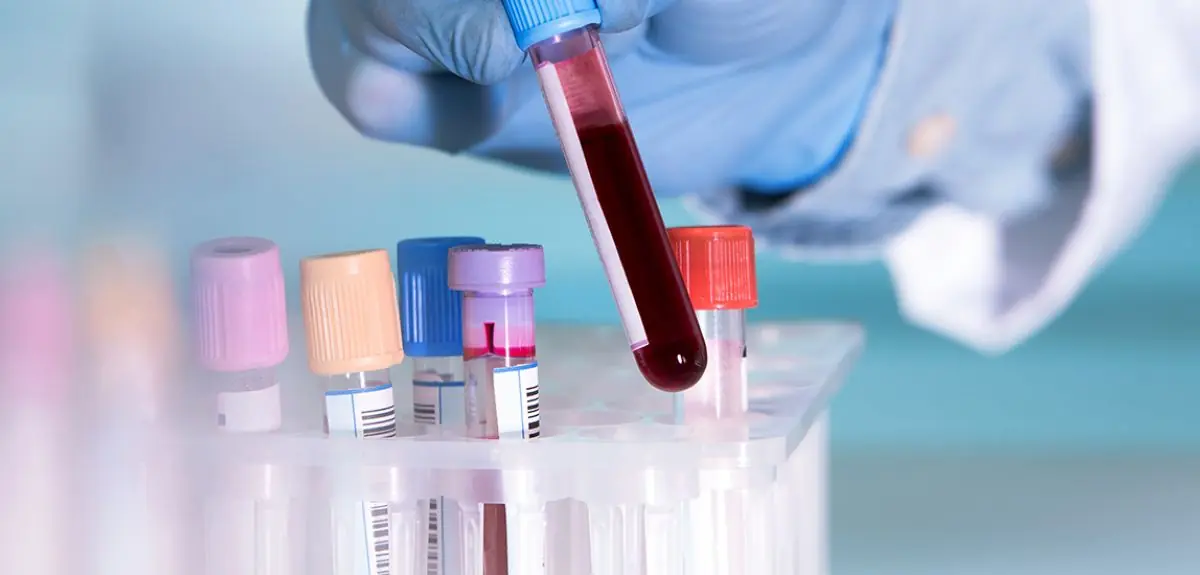
How the Study Was Conducted: A Groundbreaking Approach to Early Cancer Detection
The research team, led by Yuxuan Wang, an assistant professor of oncology at the Johns Hopkins University School of Medicine, analyzed plasma samples from the Atherosclerosis Risk in Communities (ARIC) study—a large NIH-funded study focused on cardiovascular diseases such as heart attack, stroke, and heart failure.
Using highly sensitive sequencing techniques, the team studied blood samples from 52 participants in the ARIC study. Of these, 26 participants were diagnosed with cancer within six months after the blood samples were collected. The other 26 participants were matched by demographics but did not develop cancer.
The researchers were shocked to discover that genetic mutations associated with cancer were detectable up to three years before any clinical signs or symptoms appeared. This could provide valuable time for doctors to intervene before the tumor becomes too advanced.
Key Findings: Cancer Mutations Detected Years in Advance
Among the 52 participants, eight scored positively on a multicancer early detection (MCED) test that was conducted during blood sample analysis. All eight of these individuals were diagnosed with cancer within four months of the sample collection.
Even more promising, the research team was able to access additional blood samples from six of these eight participants, which had been collected between 3.1 and 3.5 years before their cancer diagnosis. In four of these six cases, the same cancer-derived mutations were detectable, confirming that the tumors could be detected years before a diagnosis was made.
These findings suggest that MCED tests could be a game-changer in the world of cancer detection, helping doctors identify tumors at a much earlier stage when they are more likely to be curable.
The Importance of Early Cancer Detection
The results of this study demonstrate the promise of MCED tests for detecting cancers much earlier than traditional diagnostic methods allow. As Bert Vogelstein, professor of oncology and co-director of the Ludwig Center at Johns Hopkins, points out, this study sets the benchmark for the sensitivity required for MCED tests to be successful in clinical settings.
Detecting cancers years before their clinical diagnosis could allow doctors to intervene earlier, potentially leading to better management and more favorable outcomes for patients. Nickolas Papadopoulos, professor of oncology and Ludwig Center investigator, also emphasizes the significance of this advancement: “If we can detect cancers earlier, we can manage them more effectively, improving survival rates.”
Challenges and Future Directions for MCED Testing
While the study results are promising, there are still many questions to answer about how to best utilize MCED tests in clinical settings. Researchers will need to determine the most effective follow-up steps after a positive test result, ensuring that patients receive the appropriate care and monitoring.
Moreover, this type of testing will need to be validated in larger, more diverse populations to ensure its effectiveness across different types of cancer and demographics.
Despite these challenges, this research lays the foundation for early cancer screening and prevention, especially for high-risk populations, such as individuals with a family history of cancer or those exposed to environmental carcinogens.
Conclusion: A Promising Future for Early Cancer Detection
The findings from Johns Hopkins University’s study offer a significant breakthrough in cancer detection. With the ability to identify cancer mutations in the bloodstream years before diagnosis, MCED tests could soon become a crucial tool in the fight against cancer. This early detection may give patients a much-needed window for intervention, potentially leading to improved survival rates and overall better outcomes.
As research in this area continues, we may soon see a future where routine blood tests can identify cancer long before symptoms appear, giving doctors and patients alike a powerful tool in the fight against one of the world’s leading causes of death.
Credit
This article is based on research from Johns Hopkins University, Cancer Discovery, and insights from Dr. Yuxuan Wang, lead author of the study, along with contributions from Bert Vogelstein and Nickolas Papadopoulos. For more information on early cancer detection and advancements in medical research, visit Johns Hopkins University and Cancer Discovery.
News in the same category

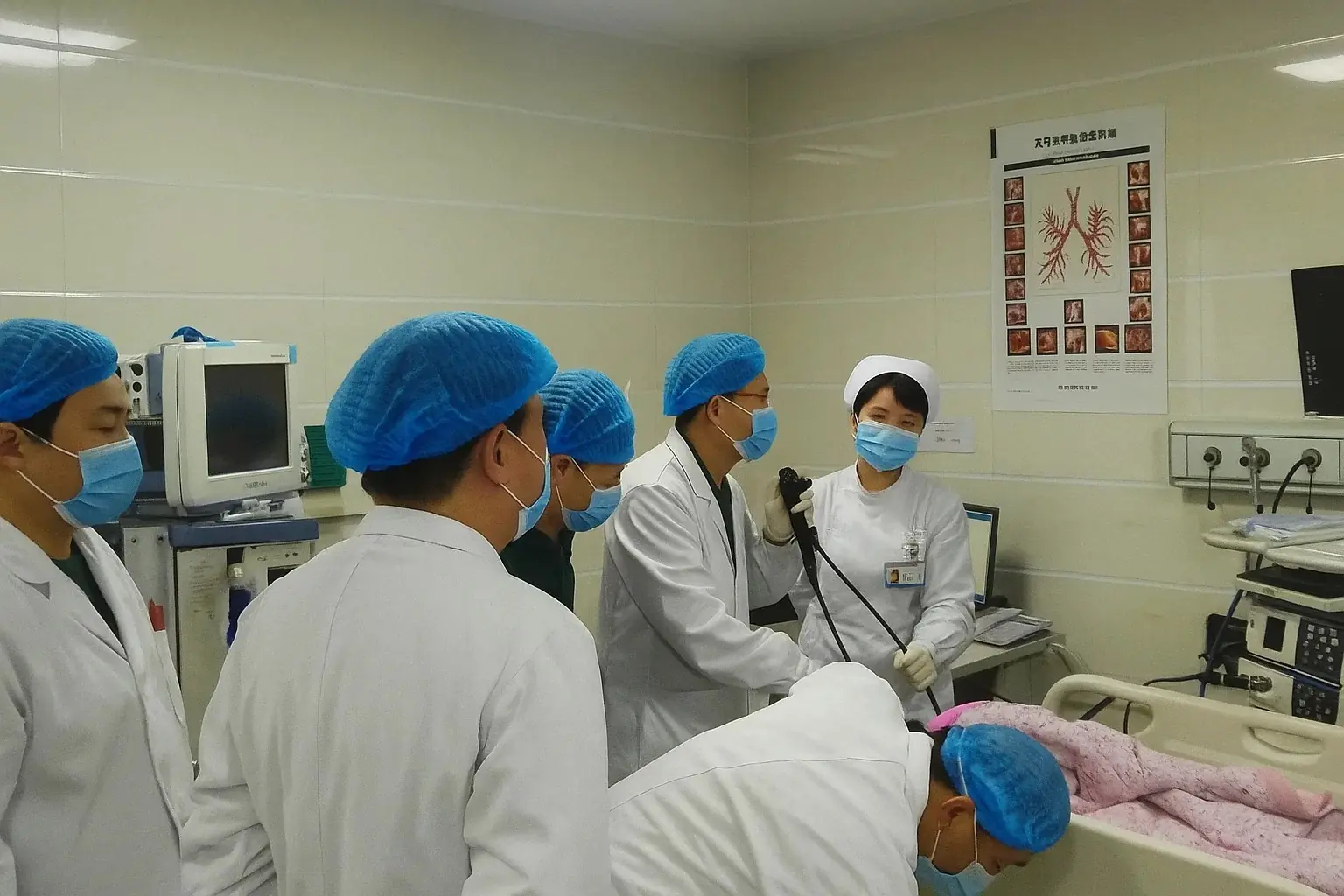
36-Year-Old Teacher Passed Away From Diabetes Doctors Say Was Triggered By Everyday Foods
Diabetes is a dangerous condition with numerous complications, and diet is a key factor.

Experts issue urgent warning about terrifying hidden symptom from taking Mounjaro and Ozempic
Experts have issued an urgent warning about a symptom that can come to light from taking drugs such as Mounjaro and Ozempic.

The Benefits of Epsom Salt Foot Soak: A Natural Remedy for Foot Pain and Health
Discover the health benefits of Epsom salt foot soaks, including pain relief, exfoliation, fungal infection treatment, and more. Learn how to safely use Epsom salt for foot health.

What Causes Blue Veins? Understanding the Reasons and When to Seek Help
Blue or green veins are common, but when should you worry? Learn the possible causes of visible veins, from genetics to lifestyle factors, and when it may indicate a medical condition.

7 Early Warning Signs of Diabetes You Shouldn’t Ignore: Act Now for Better Health
Learn about 7 early warning signs of diabetes that could be easily overlooked. Early detection can help manage diabetes, prevent complications, and improve quality of life. Read on for expert insights.
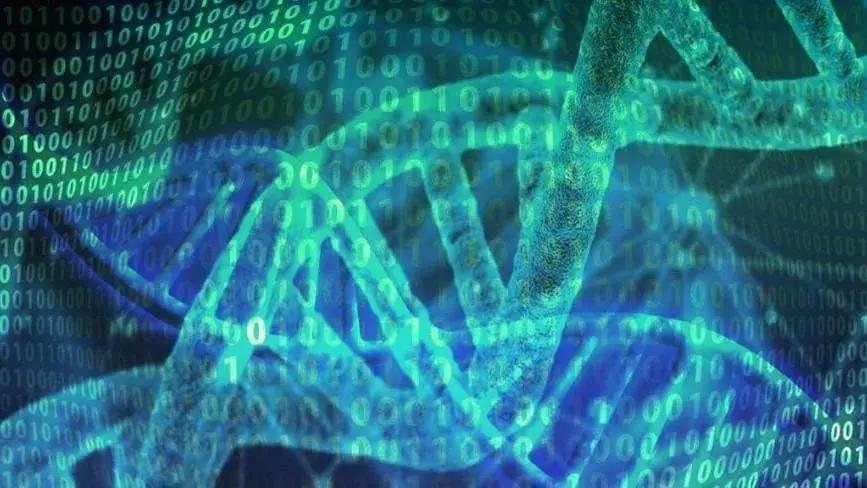
Genetic Link Between Endometriosis and Autoimmune Diseases Revealed in New Study
A new study has identified a shared genetic link between endometriosis and autoimmune conditions. Women with endometriosis are at a higher risk for diseases like rheumatoid arthritis, multiple sclerosis, and psoriasis.

People Warned to See a Doctor After Sharing Photo of Concerning Dark Line on Finger
A Reddit user received warnings to see a doctor immediately after posting an image of a dark line on their finger. Learn about melanonychia and why nail discoloration can be a serious health concern.
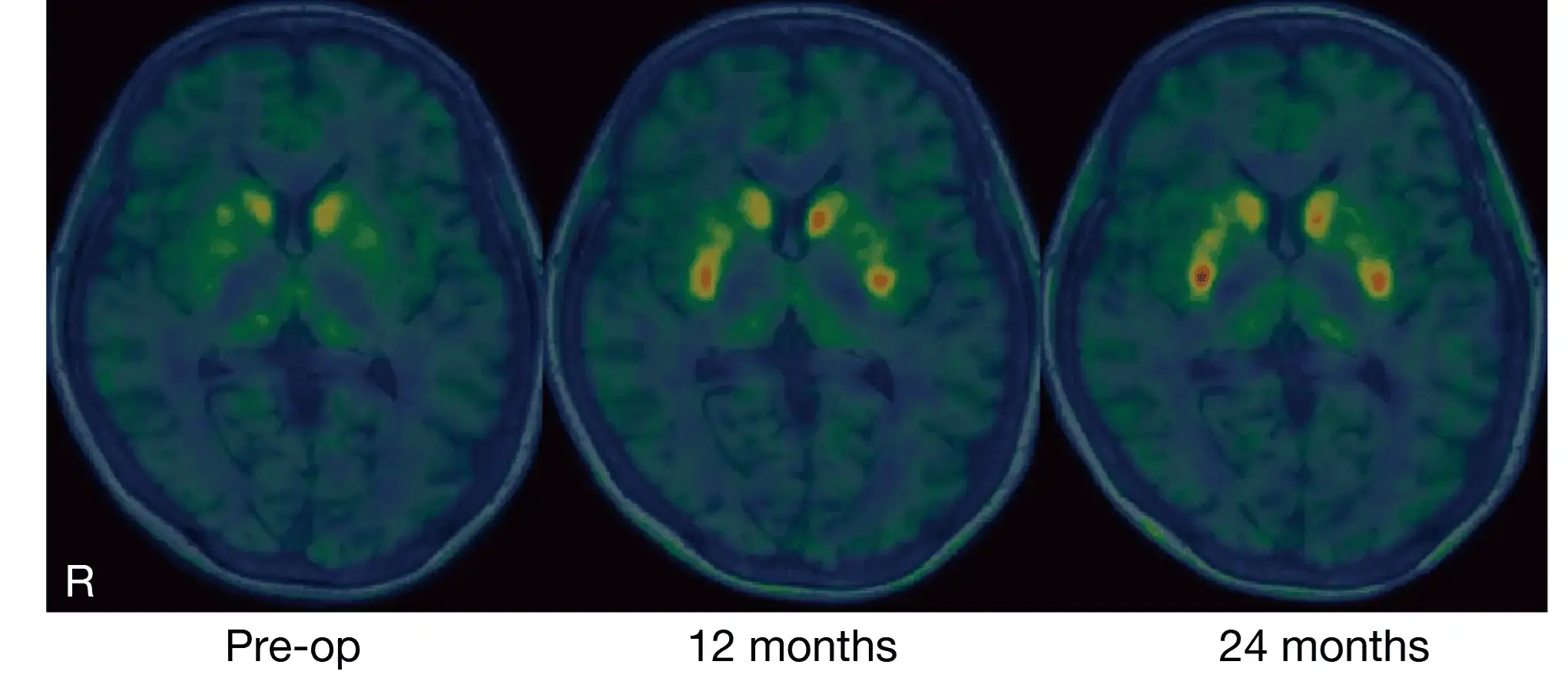
Breakthrough in Parkinson’s Treatment: Japanese Scientists Successfully Implant Lab-Grown Brain Cells
Japanese researchers have made a groundbreaking discovery in Parkinson’s treatment using lab-grown brain cells. Early results from the clinical trial show promising improvements in movement and dopamine production.

4 Simple Steps to Cool Your Home Faster and Save on Electricity Before Turning on the Air Conditioner

3-Blade vs. 5-Blade Fans: Which Cools Better? The Truth Behind Common Misconceptions

The Alarming Rise of Bowel C@ncer in Young Adults: Is Your Diet to Blame

United Airlines Passenger Punches Gate Agent, Kn0cking Them Out

Should You Close or Leave the Toilet Lid Open After Use? 90% of People Get It Wrong — Here's Why Your Bathroom Always Smells

4 Everyday Foods That Fuel C@ncer Cells
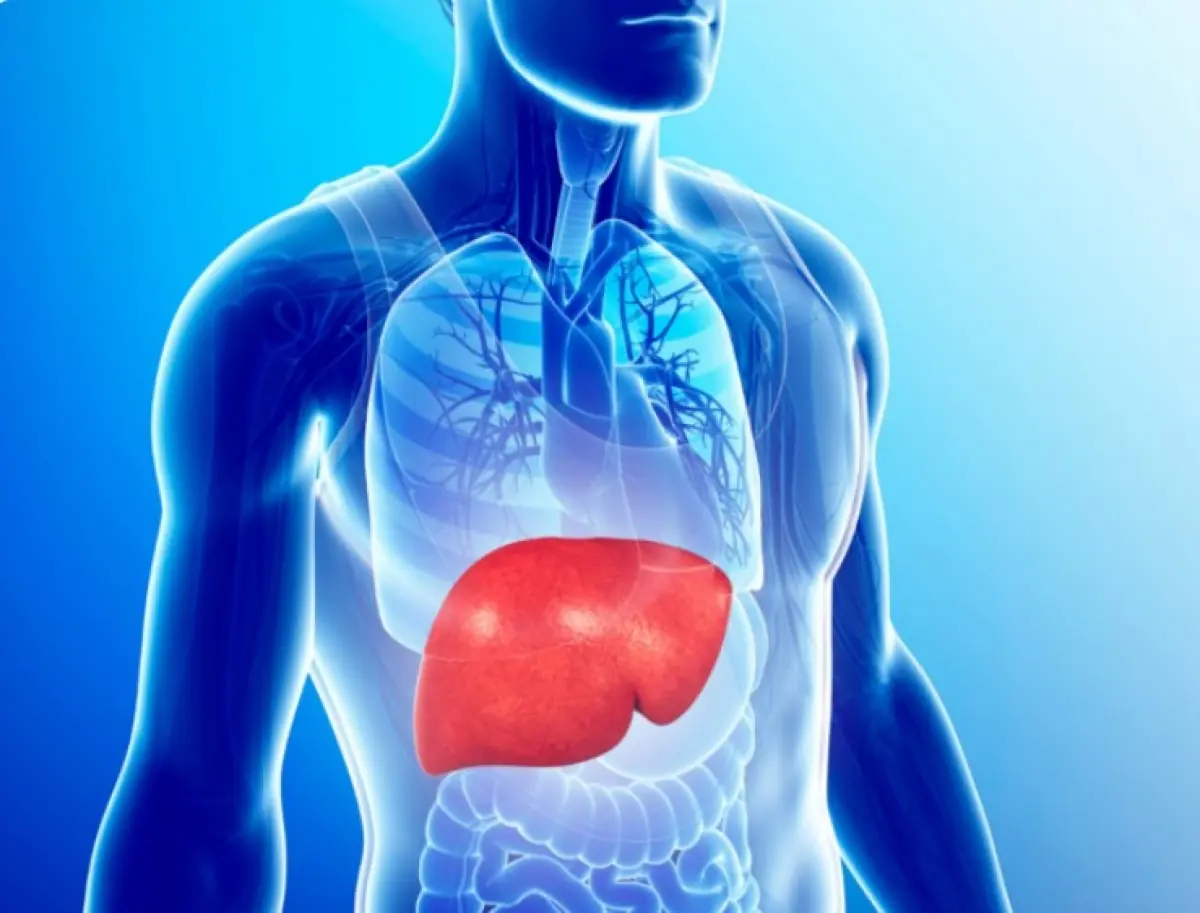
Fatty Liver Disease: A Silent Pathway to Liver C@ncer

The Hidden Purpose of the Pocket in Women's Underwear: More Than Just a Design Feature
In actuality, the "pocket" in women's underwear is actually a gusset, which serves a number very valid purposes.

This quick 'cup of tea' test could be a simple way to spot early signs of dementia in a loved one

A doctor has revealed a simple thumb test that can uncover a "ticking time b0mb" heart condition

Avocados are incredibly healthy, if using them incorrectly in these 3 common ways could actually have adverse effects
News Post

The Woman Who Walked Away: A Journey of Self-Discovery and Empowerment
A powerful tale of self-realization as Alina breaks free from a toxic relationship, finding strength and confidence after a painful breakup. Discover how she chooses her own path towards happiness and independence.

Silent Signals: Recognizing the Subtle Symptoms of Pancreatic C@ncer

The Earring in the Passenger Seat: A Suspicious Find Leads to a Truthful Confrontation
A woman finds a sh0cking truth after discovering a mysterious child’s drawing in her fiancé’s car. Suspicion, betrayal, and secrets unravel as she confronts him, ultimately deciding the fate of their relationship.

Am I Wrong for Not Laughing at My Fiancé's "Jokes" About Calling Off Our Wedding?
A bride-to-be is questioning her relationship after her fiancé repeatedly jokes about calling off their wedding. What happens when humor crosses the line into hurtful behavior?

36-Year-Old Teacher Passed Away From Diabetes Doctors Say Was Triggered By Everyday Foods
Diabetes is a dangerous condition with numerous complications, and diet is a key factor.

Experts issue urgent warning about terrifying hidden symptom from taking Mounjaro and Ozempic
Experts have issued an urgent warning about a symptom that can come to light from taking drugs such as Mounjaro and Ozempic.

The Benefits of Epsom Salt Foot Soak: A Natural Remedy for Foot Pain and Health
Discover the health benefits of Epsom salt foot soaks, including pain relief, exfoliation, fungal infection treatment, and more. Learn how to safely use Epsom salt for foot health.

What Causes Blue Veins? Understanding the Reasons and When to Seek Help
Blue or green veins are common, but when should you worry? Learn the possible causes of visible veins, from genetics to lifestyle factors, and when it may indicate a medical condition.

DIY Rice Cream for Radiant, Youthful Skin: The Japanese Secret to Erasing Wrinkles & Fine Line
With its powerful combination of rice, almond oil, and vitamin-rich ingredients, this rice cream provides nourishment, hydration, and antioxidant protection to your skin.

7 Early Warning Signs of Diabetes You Shouldn’t Ignore: Act Now for Better Health
Learn about 7 early warning signs of diabetes that could be easily overlooked. Early detection can help manage diabetes, prevent complications, and improve quality of life. Read on for expert insights.

5 Homemade Skin Toners for Smooth, Glowing Skin: Natural Remedies for Every Skin Type
By incorporating these toners into your daily routine, you can expect healthier, brighter, and more balanced skin without the use of harsh chemicals.

Genetic Link Between Endometriosis and Autoimmune Diseases Revealed in New Study
A new study has identified a shared genetic link between endometriosis and autoimmune conditions. Women with endometriosis are at a higher risk for diseases like rheumatoid arthritis, multiple sclerosis, and psoriasis.

Roasted Onion Peel and Garlic Peel Remedies for Grey Hair: Natural Solutions for Dark, Vibrant Hair
. Roasted onion peel and garlic peel offer effective, safe, and natural alternatives that can help you combat grey hair and restore youthful vitality.

People Warned to See a Doctor After Sharing Photo of Concerning Dark Line on Finger
A Reddit user received warnings to see a doctor immediately after posting an image of a dark line on their finger. Learn about melanonychia and why nail discoloration can be a serious health concern.

Breakthrough in Parkinson’s Treatment: Japanese Scientists Successfully Implant Lab-Grown Brain Cells
Japanese researchers have made a groundbreaking discovery in Parkinson’s treatment using lab-grown brain cells. Early results from the clinical trial show promising improvements in movement and dopamine production.

4 Simple Steps to Cool Your Home Faster and Save on Electricity Before Turning on the Air Conditioner

Effective Cumin Seed Detox Tonic for Belly Fat Reduction: Your Ultimate Guide to a Flatter Midsection
The cumin seed detox tonic is a natural, easy-to-make remedy that can help accelerate belly fat loss, improve digestion, and enhance overall health.

3-Blade vs. 5-Blade Fans: Which Cools Better? The Truth Behind Common Misconceptions

The Alarming Rise of Bowel C@ncer in Young Adults: Is Your Diet to Blame
